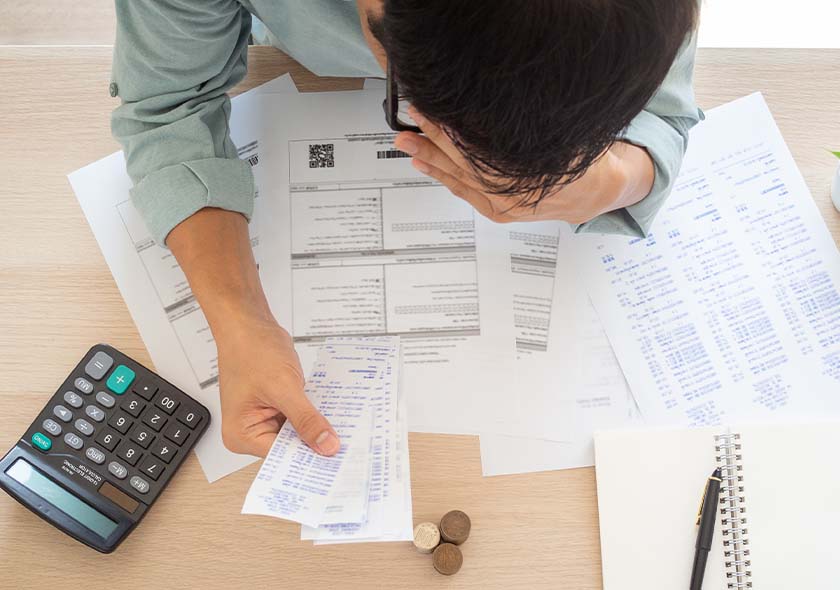RIO DE JANEIRO, BRAZIL – Household default in São Paulo City reached 21.8% in February, according to a survey by the Federation of Commerce of Goods, Services, and Tourism of the State of São Paulo (Fecomercio-SP). According to the entity, it is the highest level since December 2019, when 22.2% were in arrears.
The percentage recorded in February means that 872,000 families are in arrears with their bills, a growth of 61,000 households compared to January (20.3%). In February 2021, the default rate in the city was 18.2%.
Default is higher in the income bracket of up to ten minimum wages, standing at 26.4%. Among families earning above this level, 10.2% are in arrears.

INDEBTEDNESS
According to Fecomercio, the indebtedness of families grew 13 percentage points in the comparison between February this year and 2021, going from 59.2% last year to 73% last month. There are 2.92 million families in debt in São Paulo in absolute terms.
Among families earning up to ten minimum wages per month, indebtedness stood at 76.2% in February. In the households with income above this amount, 64% are in debt.
“Since last year, indebtedness has been breaking records due to the difficulty families have in maintaining consumption, in the face of the inflation and unemployment situation,” analyzes the entity based on the data.
In Fecomercio’s evaluation, the situation is worsened due to the high interest rates that have occurred over the last few months. “Those who have overdue debts will pay more interest, and, consequently, there will be fewer resources left for consumption. The rate increase also brings risks to the financial system, which restricts credit, making it more selective,” points out the federation.
With information from Agência Brasil

